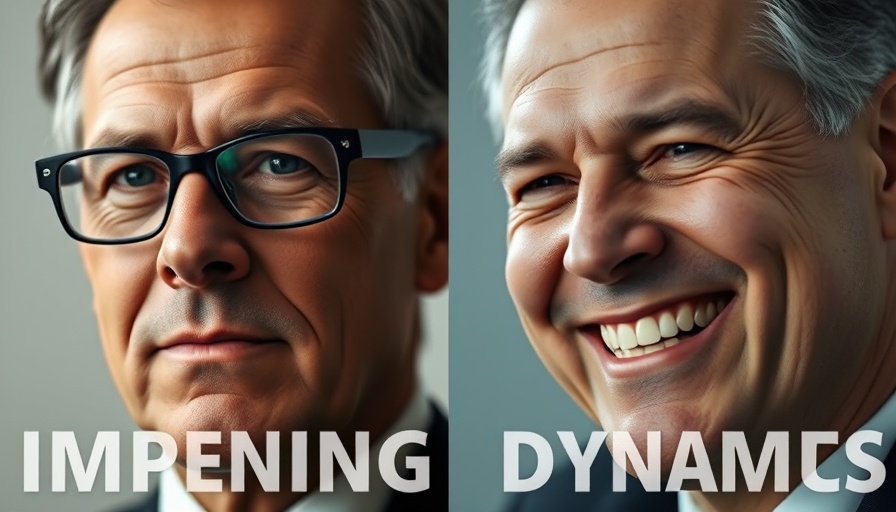
The Political Landscape: A Crucial Moment in Bolivia’s History
As Bolivians prepare to cast their votes on August 17th, the country stands at the crossroads of economic despair and political reformation. Five years of instability, marked by unrest and a severe economic meltdown, have fostered a sense of urgency that can no longer be ignored. In what seems like a shift towards the right, two conservative candidates are prominent contenders in a landscape that was once dominated by the left. The stakes are higher than ever, as Bolivians hope their votes will translate into real change.
In 'Bolivia faces rightward shift as economic crisis, left divisions shape presidential election,' the discussion dives into Bolivia's turbulent political landscape and its impending election, prompting an exploration of its potential repercussions.
The Conservative Candidates and Their Promises
Tutoto and Samuel Dorya Medina represent the new wave of candidates promising economic revitalization. Tutoto has made headlines for his firm stance against corruption while pledging a significant international financial support of $12 billion to combat fuel shortages. His opponent, Dorya Medina, a business magnate famed for introducing global brands like Burger King to Bolivia, has also proposed a quick-fix solution aimed at stabilizing the economy in a mere 100 days. His focus on a competitive market economy coupled with social concerns reflects a nuanced approach that can resonate with voters.
Evo Morales: The Shadow of Past Leadership
The absence of Evo Morales, Bolivia's former president, looms large over this election. Even though he cannot run due to previous disqualifications, his influence persists, perhaps even more potent among his followers. His directive to cast null ballots serves as a gauge of discontent with the current political options. As the echo of his voice continues to rally a divided left, the implications for the upcoming election could be far-reaching.
What Lies Ahead: A New Chapter for Bolivia?
With polls indicating voter uncertainty, the election stands to redefine Bolivia’s political identity for years to come. If the results catalyze a rightward shift, as many analysts predict, this could prompt significant changes in policy and governance for one of South America's most impoverished nations. The prospect of a divided electorate leading to a runoff election adds another layer of complexity to the situation, creating potential pathways for left-leaning candidates like Andronico Rodriguez.
Get Involved: The Power of Your Vote
As the election approaches, it’s imperative for Bolivians and international observers alike to recognize the monumental significance of this event. By staying informed and participating in the process, voters can influence not only the future of Bolivia but also the region's political climate. This is a time for reflection and active engagement.
 Add Row
Add Row  Add
Add 




Write A Comment